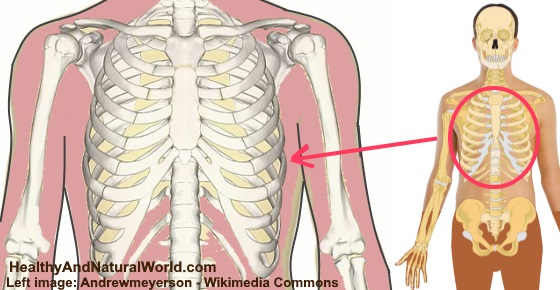How to Unpop Your Ears Quickly and Easily: The Best Natural Ways
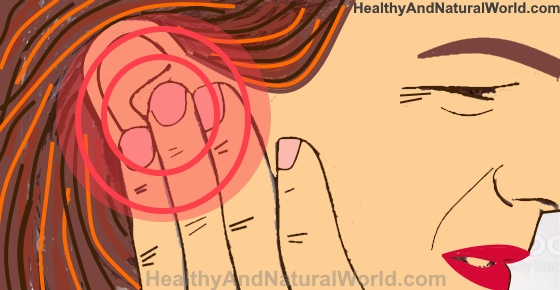
When you fly in an airplane you often feel that you need to unpop your ears. In fact, any sudden change in pressure around the eardrum like when scuba diving, driving up and down mountains, or going through a tunnel in a train can make you need to pop your ears.
Sometimes having a cold or blocked up sinuses can make your ears feel full and cause popping, clicking or crackling sound in ear.
Blood Type O Diet: What to Eat and What to Avoid
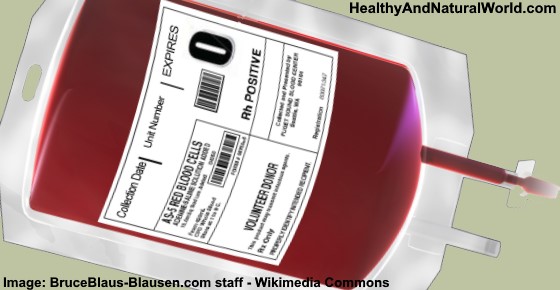
The Blood Type Diet was developed by Dr. Peter J. D’Adamo, the author of the bestsellers “Eat Right for Your Type” and “Live Right for Your Type”. The diet is based on the principle that chemical reactions occur between the foods you eat and your blood type. According to D’Adamo, if you follow a diet designed for your blood group, your body will digest food more efficiently, you’ll lose weight, have more energy, and have a better general health.
How to Get Rid of Bruises Naturally (According to Research)
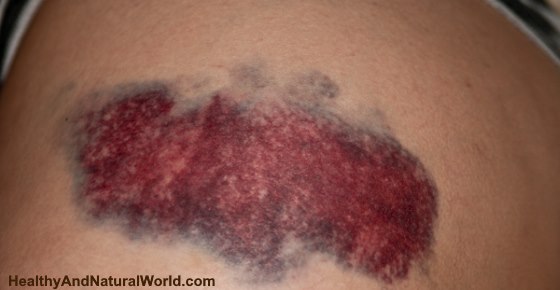
Bruises are dark blue or purplish marks that sometimes appear when you cause an injury to your skin. Most bruises happen due to an accidental injury that ruptures small blood vessels underneath the skin called capillaries. They release blood that is trapped under the skin, causing what initially appears as a black-and-blue mark on your skin.1
The Best Home Remedies for a Dry, Itchy Scalp
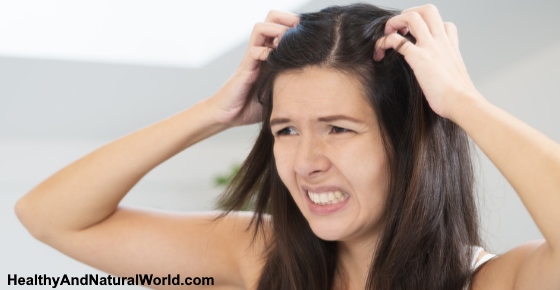
A dry and itchy scalp (scalp pruritus) can leave hair looking dull, unhealthy and possibly with flakes of dandruff. This can cause embarrassment and can be uncomfortable if you frequently have to scratch your dry scalp or if you often find flakes of dead skin on your clothes. Conditions like seborrheic dermatitis, fungal and viral infections, hormonal changes, stress, excessive hair washing, or even head lice can all cause your scalp to become dry and itchy. In most cases, treating the underlying cause of the itchy scalp and making sure the scalp is well moisturized can cure a dry and itchy scalp.
The Best Natural Ways to Relieve Menstrual Cramps (Research Based)
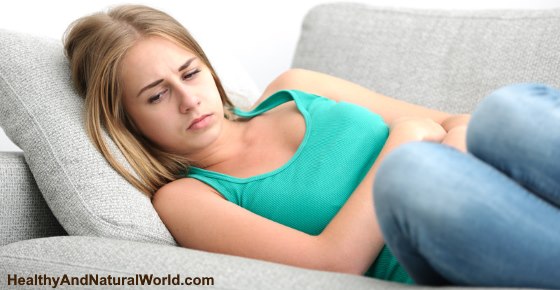
For many women, menstrual cramps are a painful monthly ordeal. Symptoms like bloating and nausea can make you uncomfortable and make period cramps feel worse. But you are not alone. Over half of menstruating women experience some pain for one to two days during their period.1 In this article I will cover a number of natural remedies and lifestyle changes that can help to ease painful menstrual cramps.
How to Get Rid of Bunion Pain Without Surgery
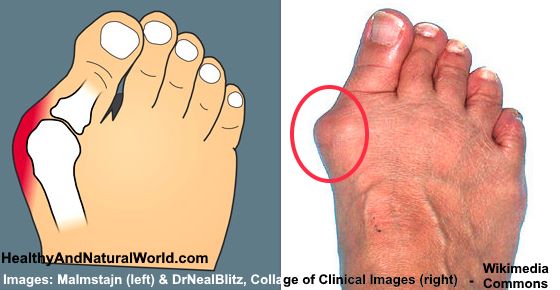
A bunion is a painful deformed joint at the base of the big toe which can affect how you walk. Bunions (medical name is hallux valgus) develop as a result of the misalignment of the bones of the big toe which leads to stretching of the ligaments and tendons around the big toe joint. Eventually, the big toe joint becomes enlarged and a painful lump develops on the joint. The soft tissue over the deformed joint becomes inflamed, red, and painful which makes it very hard to walk or exercise. In this article I am going to look at natural ways and home remedies to help you prevent bunions, relieve the pain that they cause, and stop their progression, preventing the need to eventually get a surgery.
Vomiting Bile: Possible Causes and Treatments
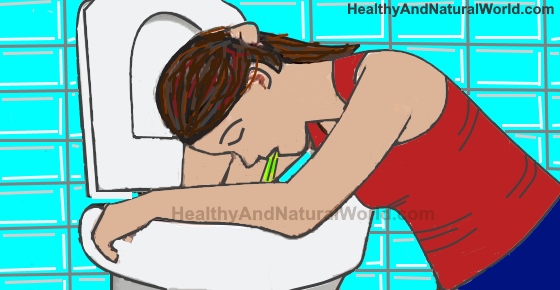
No one likes to throw up, but vomiting up bile is an extremely unpleasant experience. You know if you vomit bile because it is a greenish yellow color which leaves a very sour taste in the mouth. There are a number of reasons why you could vomit bile, but usually, it is because there is nothing left in your stomach to throw up. However, vomiting bile could be a sign of a serious health problem like a bowel obstruction.
Pain Under Ribs: The Most Common Causes and Treatments
Chills without Fever: The Most Common Causes and Treatments
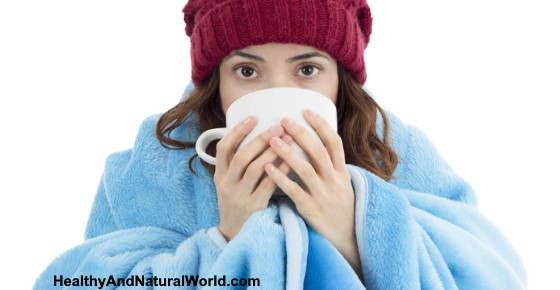
When a person experiences chills or shivers they usually reach for the thermometer because chills are often accompanied by a fever. However, there are many medical and psychological reasons why you can have chills, but no fever. For example, chills without a fever can be caused by infections, an underactive thyroid, low blood sugar, and panic attacks. Even certain medications can cause your body to shiver without having a fever.

